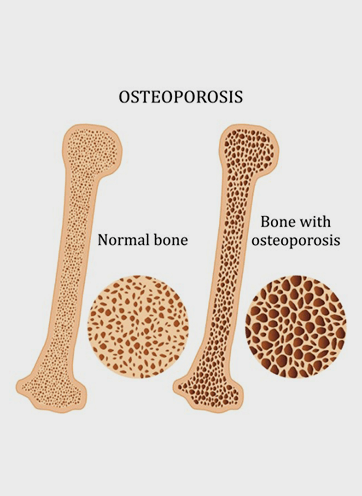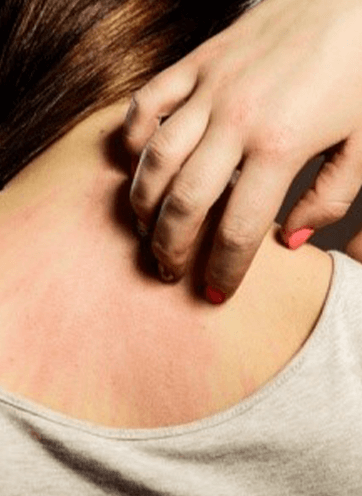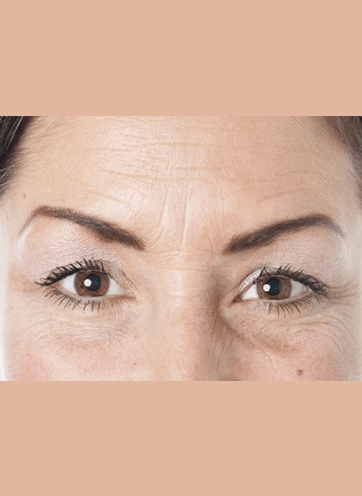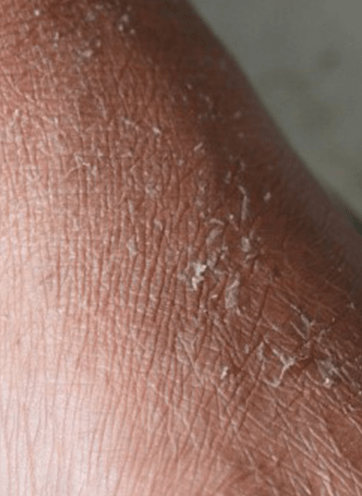What is menopause?
Menopause is a natural process in your life, defined as the permanent end of menstrual cycles and you can no longer become pregnant. It usually occurs in women between 45 and 55 years of age, as the ovaries produce less estrogen.



When does Menopause Start?
In India, the age of natural menopause is 46.2 + 4.9 years. Before you reach menopause, you will experience a transitional period, called perimenopause. It usually starts in your mid-to-late 40s & can last for months or years. Most women experienceperimenopause about 4 years before their last period. If you want to predict the age at which you might experience menopause, examining your family history may be the most

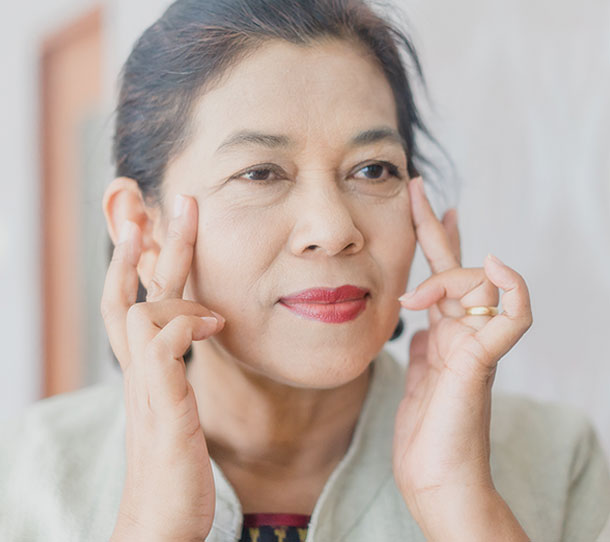
How long does Menopause Last?
The menopausal transition is a slow process. During perimenopause, your symptoms may vary in frequency and intensity and may decrease as you approach menopause and postmenopause. Your symptoms may continue for an average of four to five years.
Understanding
The Menopausal Transitions
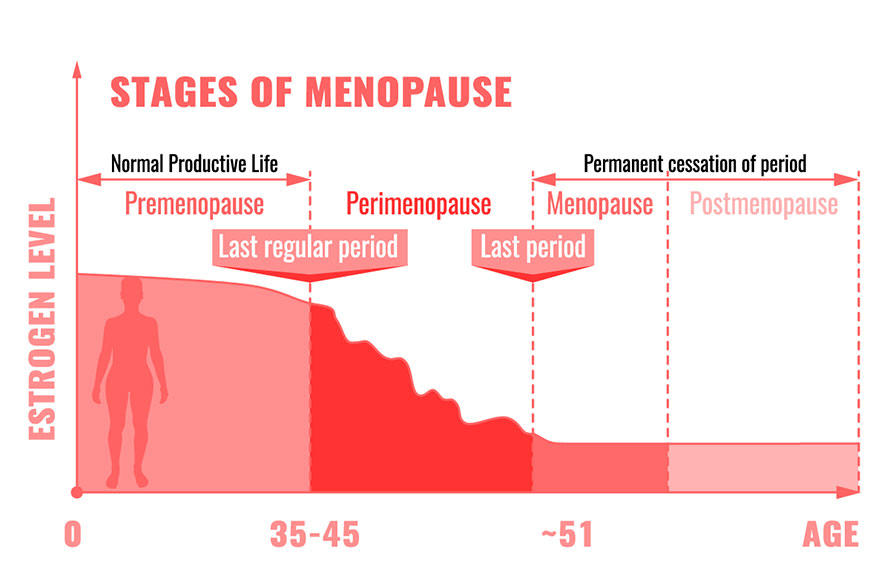
Menopausal Health Risk
The changes that occur before & during menopause may bother you, but they are a normal part of the menopause transition. Your risks of certain medical conditions may increase after you reach menopause. Menopause is not always the only reason for these health risks. With increasing age, your risk of developing these conditions also increases.



